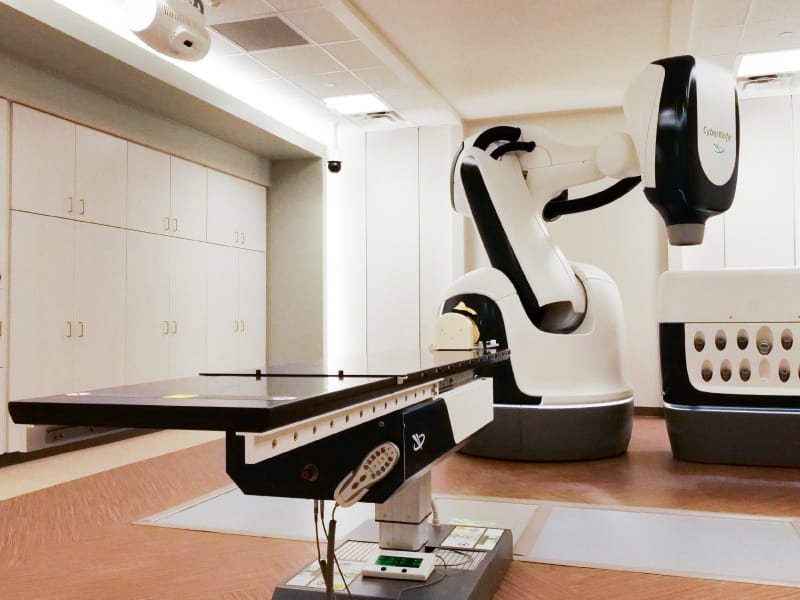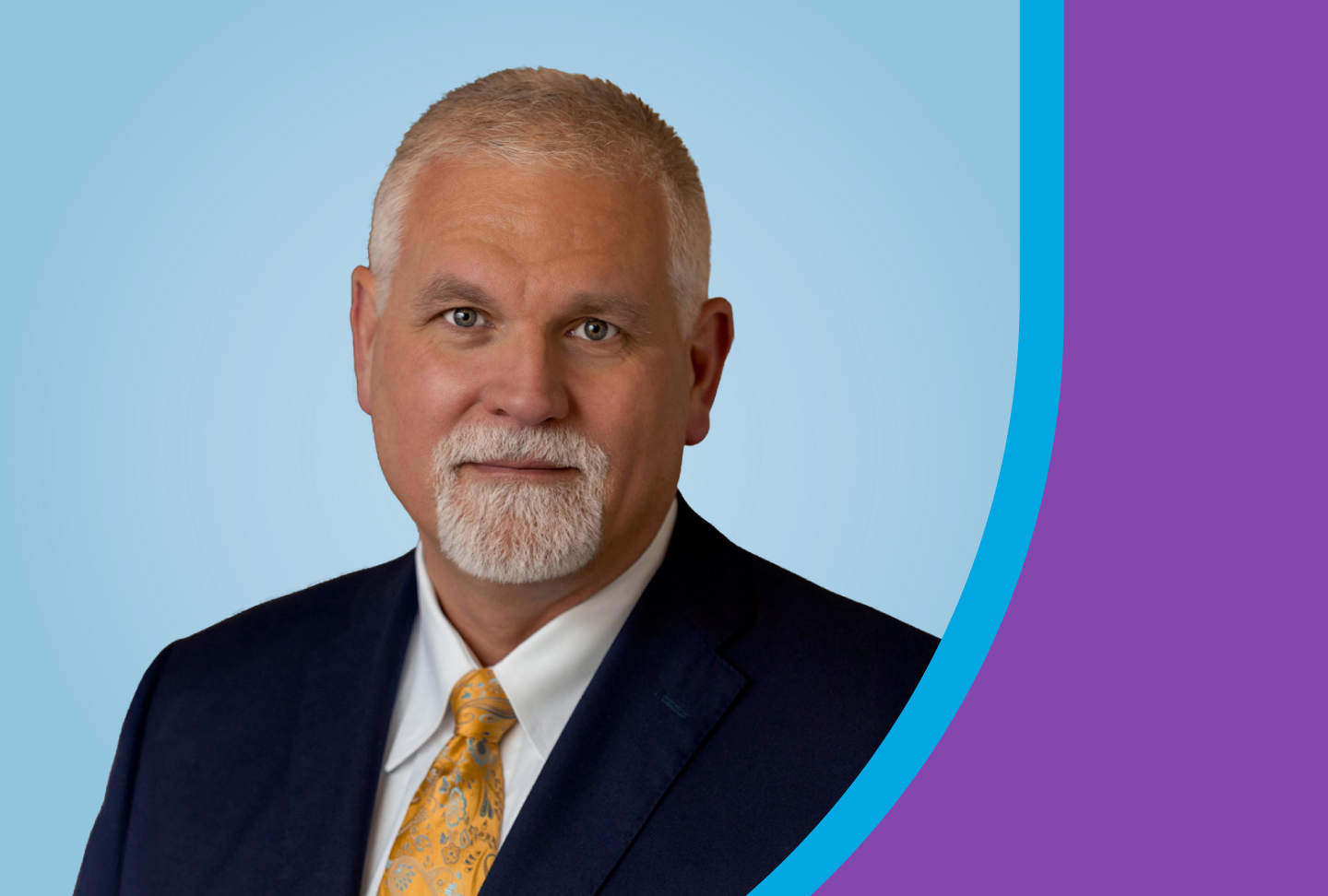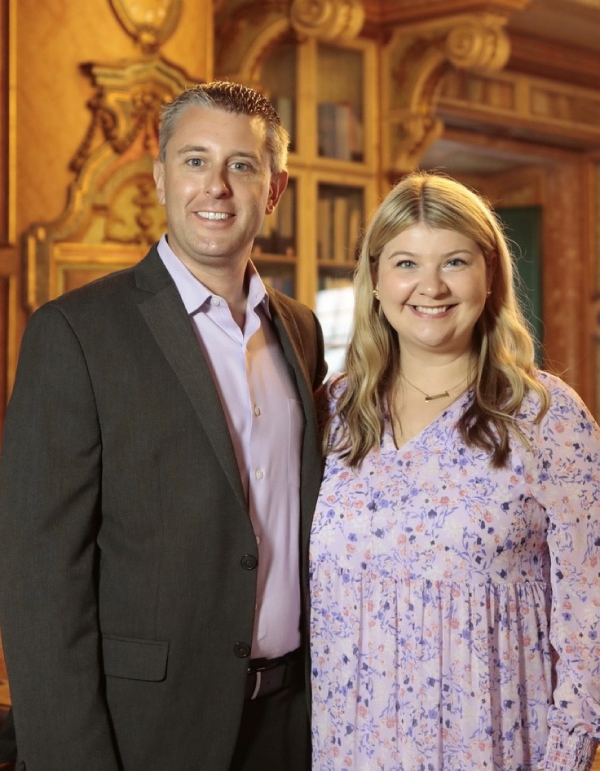Wellstar Health System, one of Georgia’s largest and most integrated healthcare systems, announced the grand opening of the Wellstar North Fulton Cancer Center on the Wellstar North Fulton Medical Center campus in Roswell, Georgia on March 27. The Center will serve as one of only two locations in metro Atlanta featuring state-of-the-art CyberKnife® technology for radiation therapy, a noninvasive treatment for cancerous and non-cancerous tumors and other conditions where radiation therapy is needed.
The Cancer Center will now offer comprehensive cancer services, including medical oncology; radiation oncology; imaging and many medical specialties from nationally recognized, expert and experienced physicians all in one convenient location.
“With this beautiful new $12 million state-of-the-art Comprehensive Cancer Center, we can offer people in our community some of the most advanced cancer treatments close to home,” said Jon-Paul Croom, president of Wellstar North Fulton Medical Center. “People will be able to come to the 12,000-square-foot Wellstar North Fulton Cancer Center for almost all aspects of diagnosis, staging and treatment, with surgery across the way at the hospital.”
Wellstar team members and the Roswell community celebrated the official opening of the Cancer Center last week with a ribbon cutting ceremony following ten months of construction. Attendees had the opportunity to tour the facility and Wellstar’s second CyberKnife system, newly housed at the Cancer Center.
Wellstar first began using the CyberKnife System at Wellstar Kennestone Regional Medical Center in 2006 to treat conditions throughout the body and can be an alternative to surgery or for patients who have inoperable or surgically complex tumors. CyberKnife can reduce radiotherapy timelines from the traditional eight weeks to as little as one to five days.
“We are committed to providing the best treatment options for our patients and are proud to bring the CyberKnife system to this community,” said Dr. Mark McLaughlin, radiation oncology medical director for Wellstar North Fulton Medical Center. “With the state-of-the-art CyberKnife technology, we can deliver high precision radiation in fewer radiotherapy sessions with the goal of making treatment easier and improving outcomes for patients. We look forward to continuing to help patients beat cancer and celebrate their futures.”
The multidisciplinary team of cancer experts onsite will offer patients a high level of knowledge and expertise, along with compassion and hope. The multi-disciplinary physician experts at Wellstar North Fulton Cancer Center include:
- Dr. Mark McLaughlin, Radiation Oncologist
- Dr. Jay Singh, Colorectal Surgeon
- Dr. Faisal Bhutta, Pulmonologist
- Dr. Greg Coffman, General Surgeon
- Dr. Arthur Grigorian, Neurosurgeon
- Dr. Sachin Lavania, Pulmonologist
- Dr. Nagender Mankan, Medical Oncologist
- Dr. Satyen Mehta, Medical Oncologist
- Dr. Scott Miller, Surgical Urologist
- Dr. Laura Pearson, Breast Surgeon
- Dr. Theolyn Price, Thoracic Surgeon
- Dr. Fiyin Sokoya, Otolaryngologist
Learn more about Wellstar North Fulton Cancer Services.
To learn more about the CyberKnife System, please visit cyberknife.com.

CyberKnife technology





